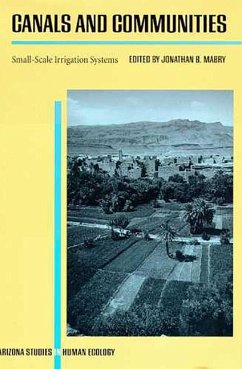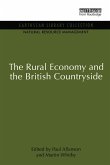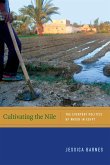This book presents case studies and comparative essays about local institutions for managing water resources. Drawn from around the globe, the cases clearly demonstrate that "indigenous" irrigation is often more sustainable, cost-effective, and flexible than has been generally believed. The contributors discuss a wide range of environments, cultural traditions, and historical contexts in which such systems operate, maintaining a common focus on incentives for cooperation, operational rules, collective-choice arrangements, principles of allocation, and conflict-resolution mechanisms. Canals and Communities can serve as a sourcebook for social scientists and development planners investigating the cultural ecology of irrigated agriculture, the ethnology of cooperative social formations, the politics of collective-resource institutions, and the sociology of rural development. The book also provides examples and generalizations about the cross-cultural characteristics of sustainable water resource management and intensive agriculture.
Hinweis: Dieser Artikel kann nur an eine deutsche Lieferadresse ausgeliefert werden.
Hinweis: Dieser Artikel kann nur an eine deutsche Lieferadresse ausgeliefert werden.








